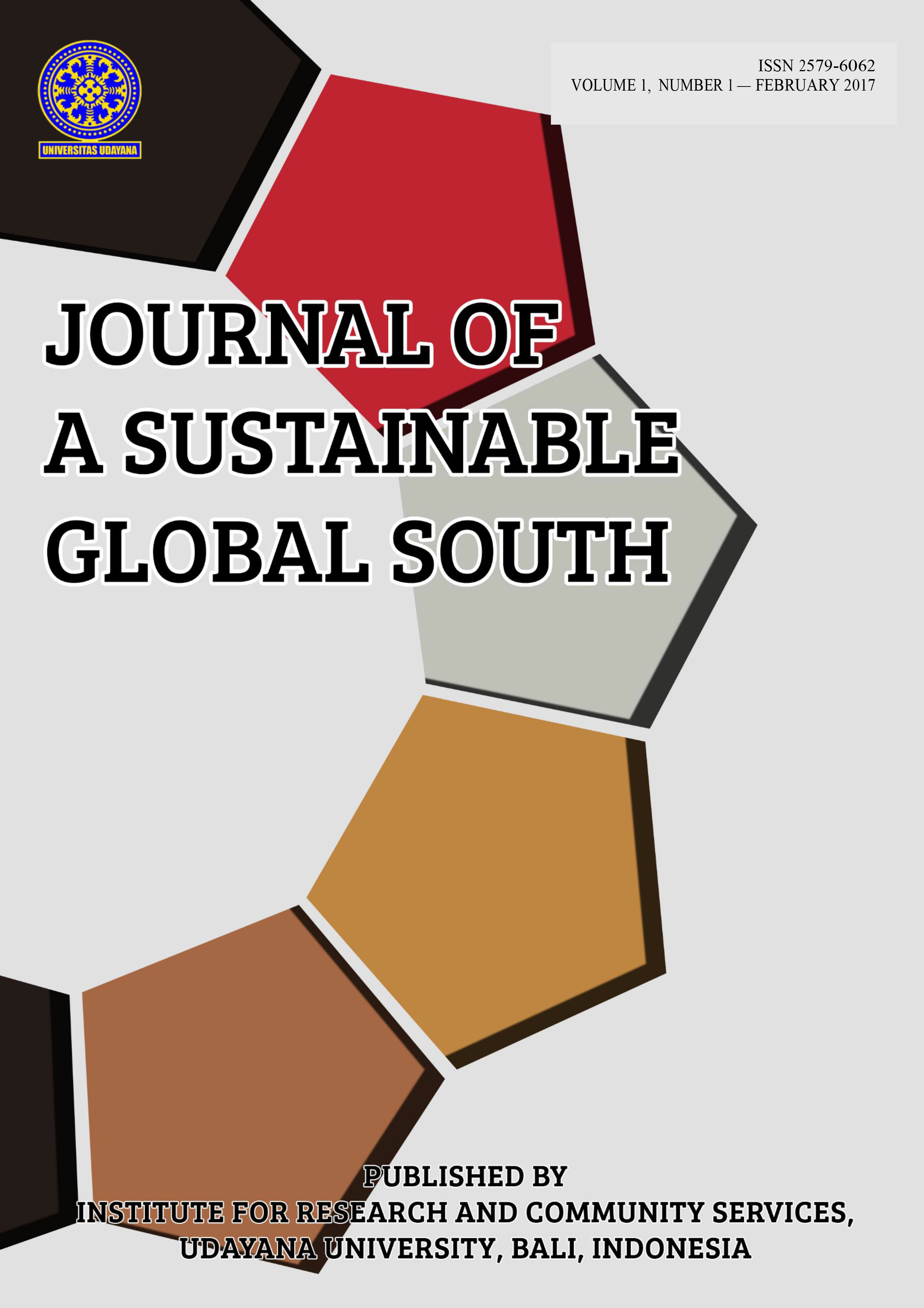Environmental Dispute Resolution Through Class Action Lawsuit
February 2017
Abstract
The procedural law of Class Action is a legal concept known in the Anglo-Saxon legal system (Common Law). Whilst this concept is not recognised in the Continental European legal system (Civil Law), likewise in Indonesian civil procedure that based on Herzien Inlandsch Reglement (H.I.R) and Rechtsreglement voor de Buitengewesten (RBg). Initially, the procedural law of class action in Indonesian legal system was arranged consecutively under Law No. 23 of 1997 (Environmental Protection Law), Law No. 8 of 1999 on Consumer Protection and Law No. 41 of 1999 on Forestry. The arrangement of class action lawsuit in the substantive law was inspired by the recognition of class action lawsuit in the United States through Article
23 of the US Federal Rule of Civil Procedure prescribing that the requirements for filing class action lawsuit are as follows: numerosity, commonality, typicality, and adequacy of representation. In Indonesia there is no procedural law setting out the class action lawsuit, thus Supreme Court Regulation No. 1 of 2002 was enacted. The replacement of Law No. 23 of 1997 (Environmental Protection Law) by Law No. 32 of 2009 (Environmental Protection and Management Law) allows the application of the class action with reference to this Supreme Court Regulation. The arrangement of class action lawsuit in the Supreme Court Regulation No. 1 of 2002 still encounters many challenges in its application. The initial process i.e. certification is very decisive whether the lawsuit can be accepted or is qualified as a class action lawsuit. In conjunction with this, the judges' active role is very important whilst waiting for a specific and adequate legislation to establish the class action procedure. Meanwhilst, the judges are supposed to patch up the Supreme Court Regulation No. 1 of 2002.
Keywords: Environmental Disputes, Procedural Law, Class Action Lawsuit










(1).png)


